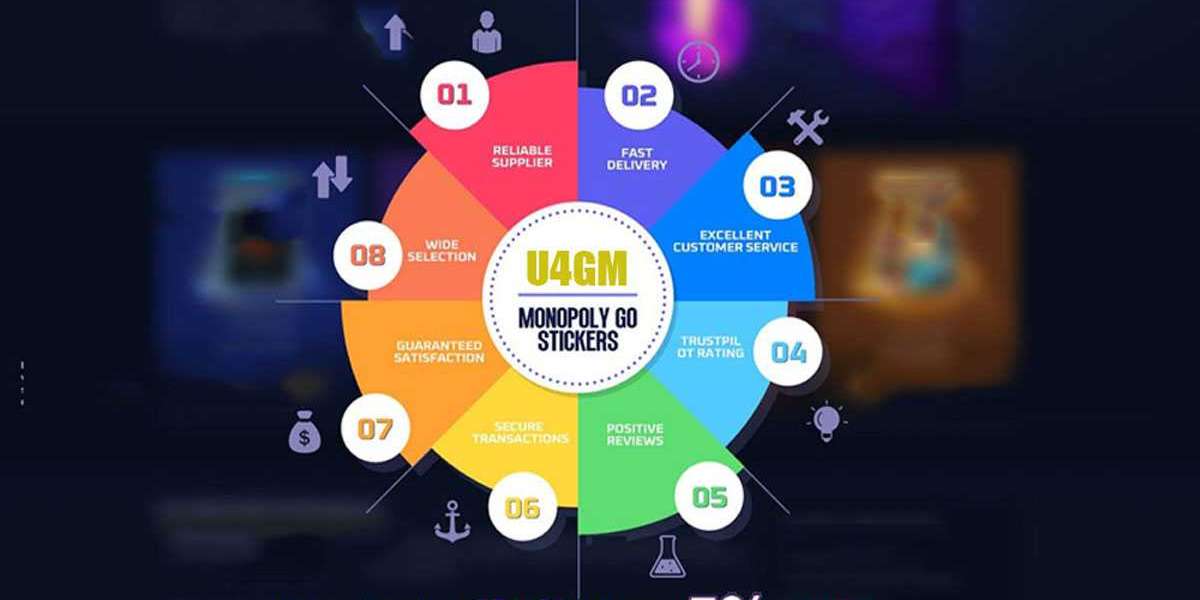In today's digital age, online dating has become one of the most popular ways to meet new people. While it offers convenience and the possibility of finding love, it also comes with significant risks. Internet dating scams are on the rise, with fraudsters using fake identities to manipulate and exploit victims emotionally and financially. In this article, we’ll explore how these scams work, how to recognize warning signs, and most importantly, how to protect yourself from becoming a victim.
1. What Are Internet Dating Scams?
Internet dating scams involve fraudsters using fake profiles on dating apps and social media platforms to establish romantic connections with victims before defrauding them. Scammers often pretend to be someone they’re not, using stolen images and fake personal details to build trust and gain emotional control over their target.
2. Common Types of Internet Dating Scams
A. Romance Scams
The scammer builds a deep emotional connection with the victim before inventing a financial crisis and asking for money.
B. Military Scams
Fraudsters pose as deployed soldiers, claiming they need money for travel, medical expenses, or communication services.
C. Inheritance Scams
A scammer convinces the victim that they’ve inherited money but need financial assistance to unlock it.
D. Sextortion Scams
Scammers manipulate victims into sharing intimate photos or videos, then threaten to release them unless money is paid.
E. Cryptocurrency Scams
Victims are encouraged to invest in fraudulent cryptocurrency schemes under the pretense of growing their wealth.
3. How to Spot an Internet Dating Scam
Too Good to Be True: If the person seems overly perfect, attractive, or successful, proceed with caution.
Rapid Romance: They express love or deep feelings unusually quickly.
Avoiding Face-to-Face Interaction: They always have excuses for why they can't meet in person or do video calls.
Financial Requests: They ask for money for emergencies, travel, medical bills, or investments.
Inconsistent Stories: Details about their life, job, or location don't add up.
4. What to Do If You’re a Victim of an Internet Dating Scam
A. Cease Contact Immediately
Block the scammer on all platforms.
Do not engage further, even if they threaten or plead.
B. Secure Your Finances
Report unauthorized transactions to your bank.
If you sent money through wire transfer, notify the service provider immediately.
C. Report the Scammer
Report the scam to the Federal Trade Commission (FTC) and the FBI’s Internet Crime Complaint Center (IC3).
Notify the dating app or website where you encountered the scammer.
D. Protect Your Personal Information
Change your passwords if you shared any account details.
Be wary of phishing attempts that might follow.
5. How to Avoid Falling for Internet Dating Scams
A. Verify Their Identity
Use Google Image Search to check if their photos appear elsewhere online.
Ask for a live video call to confirm they are who they claim to be.
B. Never Send Money
No legitimate romantic partner will ask for financial help before meeting in person.
Treat any request for money as a red flag.
C. Keep Personal Information Private
Do not share sensitive details like your home address, workplace, or financial information.
Be cautious with sharing personal stories that could be used to manipulate you.
D. Trust Your Instincts
If something feels off, investigate further before getting emotionally involved.
Listen to friends and family if they express concerns about your online relationship.
Conclusion
Internet dating scams prey on people’s emotions and vulnerabilities, making it crucial to stay alert when connecting with strangers online. By recognizing the warning signs, verifying identities, and keeping financial and personal information private, you can protect yourself from falling victim to these scams. Always trust your instincts and prioritize your safety over the excitement of online romance.
FAQs
1. How do I know if someone is scamming me on a dating site?
If they avoid video calls, rush into a relationship, and ask for money, they are likely a scammer.
2. What should I do if I already sent money to a scammer?
Contact your bank immediately and report the scam to the appropriate authorities.
3. Can scammers use my personal information against me?
Yes, scammers can use your personal data for identity theft, blackmail, or further fraud attempts.
4. How do I report an internet dating scam?
You can report scams to the FTC, the FBI’s Internet Crime Complaint Center (IC3), and the dating platform where the scammer operated.
5. Are internet dating scams common?
Yes, thousands of people fall victim to these scams every year, but awareness and caution can help prevent them.
Website Link : https://forensicprotector.com/scams/romance/
Contact no : 732 893 0581








